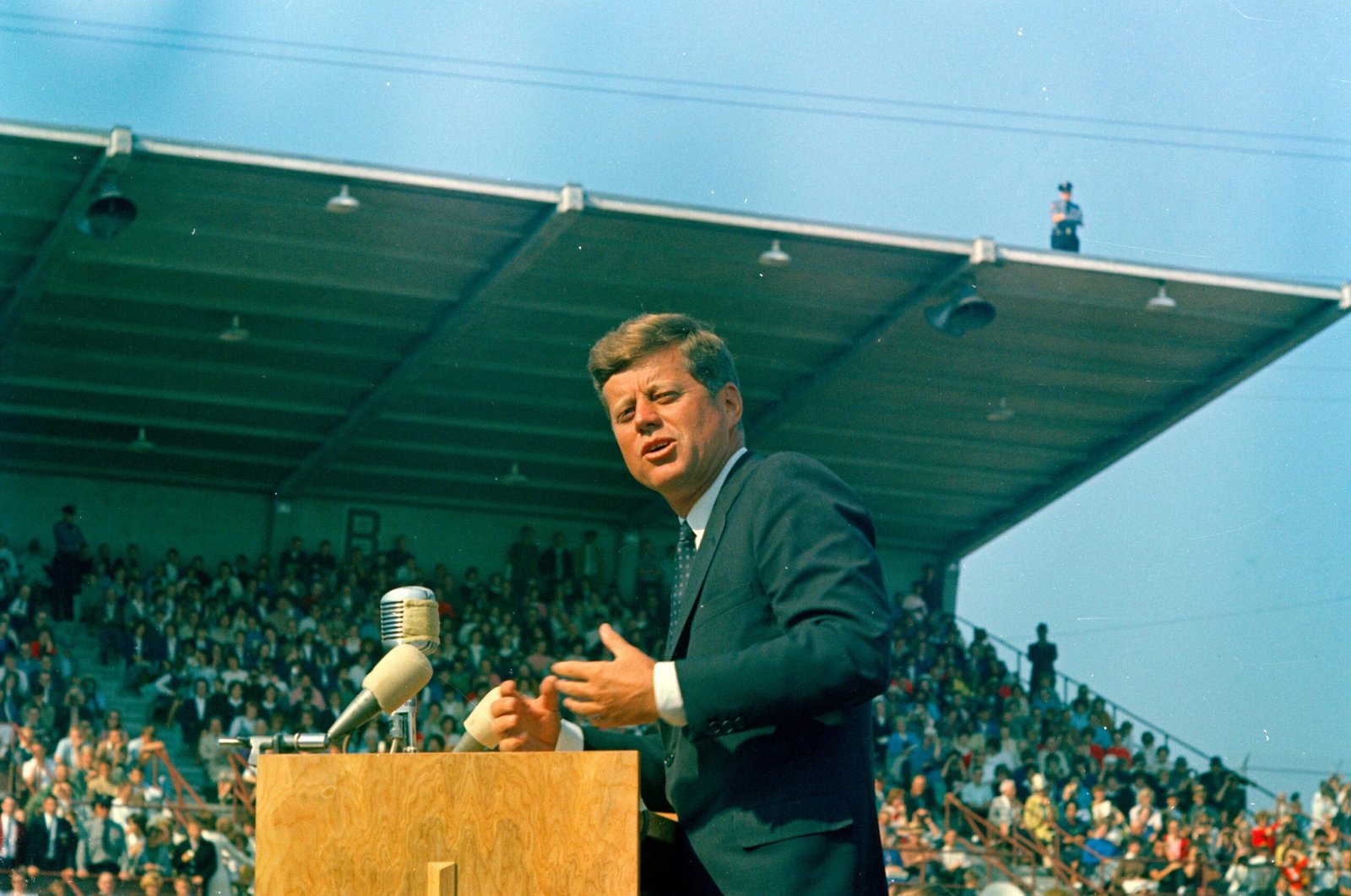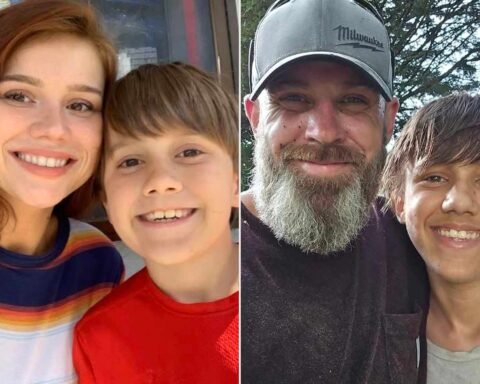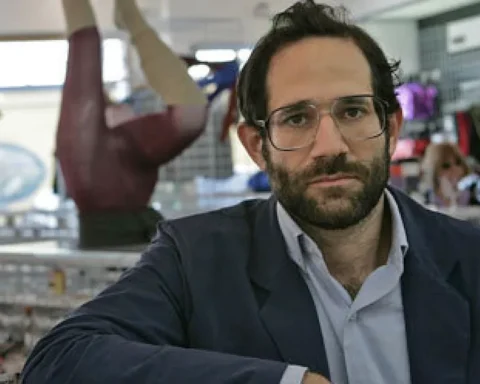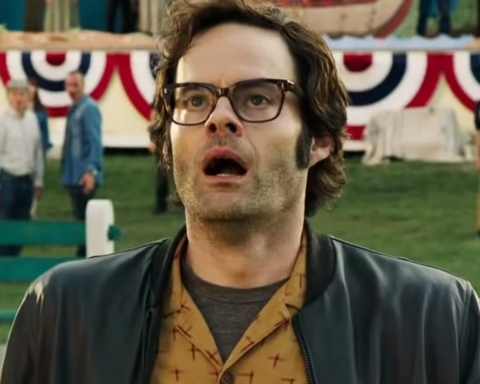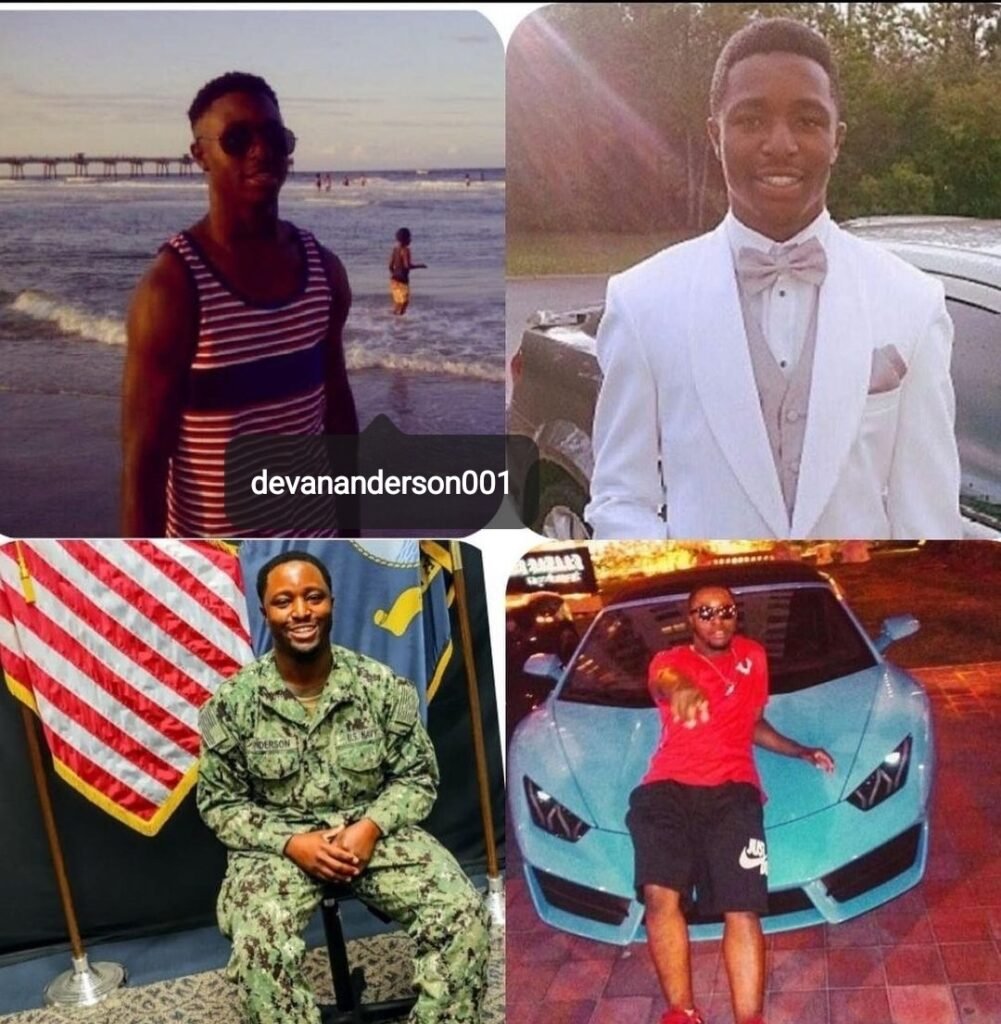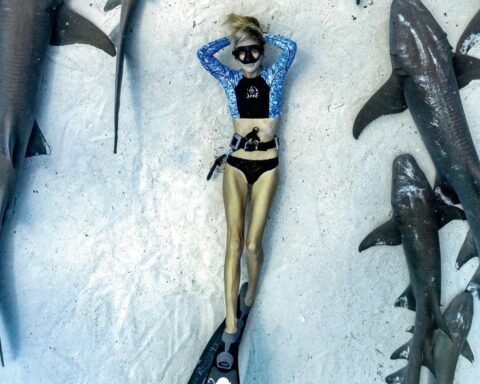President John F. Kennedy was born on May 29, 1917, and more than 100 years later, he is still the subject not only of interest but of debate. Some believe his record rightfully bears tarnish and others view him as a passionate advocate for peace. We sat down with Sara Causey, host and resident blogger at the con-sara-cy theories podcast, to consider JFK’s character and legacy.
JFK was born more than 100 years ago and died more than 60 years ago. Why do you think he remains an intriguing figure for so many?
Some of it is iconography, I’m sure. Kennedy had a strong understanding of the power of media and there’s no shortage of photographs either of JFK himself, Jackie, or the family. In the 1950s, he attended a television school sponsored by CBS to become more comfortable on camera, which was a smart move. We have a variety of photos and films of Kennedy eating ice cream, sailing, meeting with other politicians, playing with the kids, handfeeding deer, getting nibbled on by Leprechaun the pony, etc. When we think of US Presidents, we generally imagine men who are over the age of 70 – or maybe 80 – and not someone with a young family and cute animals running around on the White House lawn.
Do you think those images feed the Camelot myth?
Yes, absolutely. For me, one of the damaging things about the Camelot mythology is that it actually detracts from the serious things Kennedy tried to achieve in office. People fixate on what dresses Jackie wore or who JFK was rumored to be involved with on the sly and it turns into a giant soap opera. Then Kennedy is reduced to a joke or a vapid himbo who didn’t accomplish much and didn’t even try to, which is utterly false.
What would you point to in particular?
There’s a great book I recommend titled Battling Wall Street by Donald Gibson. He talks about JFK’s domestic policy, foreign policy, tax reforms, his battles with Big Business, and so on. The Steel Crisis is one case in point. JFK wanted to avoid a price hike on steel, which would ripple across the US economy and cause inflation. The unions agreed to a modest increase on benefits but no wage hike. The understanding was that the steel companies in turn would not increase prices. However, Roger Blough, the CEO of US Steel, goes into the Oval Office and hands Kennedy a memo announcing a 3.5% price hike and Kennedy was furious. In his book Promises Kept, Irving Bernstein reported that JFK was so angry there should have been a speedometer on his rocking chair. Rather than bowing down to Corporate America, Kennedy looked to take defense contracts away from the companies engaged in the price hike and during his press conference on April 11, 1962, you can hear the fury in his voice. He actually says in that conference, “Some time ago, I asked each American to consider what he would do for his country, and I asked the steel companies. In the last 24 hours, we had their answer.” In other words: the steel companies were happy for everyone else to sacrifice while they profiteered. The steel companies canceled their price hikes though they certainly felt no special love for JFK. In our current age of rampant Crony Capitalism, it’s unfathomable to imagine a President going to bat for average people. Kennedy also wanted the American economy to thrive with production. Our current GDP is based almost 70% on consumption and, in my opinion, the chickens have come home to roost. What can really be done with that type of economic engine when the consumer is tapped out and people are using Buy Now Pay Later programs for groceries? It’s simply not sustainable. JFK proposed tax reforms geared towards eliminating foreign tax havens, encouraging production and manufacturing in the US, and rewarding long-term American investments rather than dangerous speculation. He also opposed neocolonialism and was an advocate for nations to obtain their own independence, even if they were neutral in the Cold War.
Wow. Why do you think more people are not aware of these things?
To be direct, I believe there’s been a concerted effort to portray JFK in the worst possible light and I further believe there are individuals who are not above lying in order to smear his character. Sex sells. People like gossip and tabloid “news.” The 1976 film Network was probably more prescient than anyone knew. If people are fixated on salacious stories of who JFK might have slept with or why he didn’t make better grades in grammar school, they aren’t looking at matters of substance. Who a politician has consensual sex with or what he eats for lunch doesn’t affect my life; what policies he enacts matter a great deal. If you pop up a headline about Kennedy’s “Peace Speech” at American University or one about some gal who claims they had an affair 70 years ago, people will gravitate to the latter and not the former.
Speaking of peace, do you believe JFK was truly committed to ending the Cold War?
Yes. In the “Peace Speech” on June 10, 1963, he said he sought “the possibilities of peace toward the Soviet Union, toward the course of the Cold War and toward freedom and peace here at home.” This speech was rebroadcast and printed in the USSR and Nikita Khrushchev himself was deeply impressed by it. Kennedy also discussed the nuclear test ban treaty and how it important it was. He said he wanted a strategy of peace, not one of annihilation. About five months later, Kennedy was murdered in Dallas. Had he lived, he might very well have brought about the end of the Cold War. Sergei Khrushchev, who was Nikita Khrushchev’s son, was quoted as saying that if Kennedy hadn’t been murdered, “we would be living in a completely different world.” JFK was certainly not perfect, and we can’t know for sure if he would have been reelected in 1964. I think the responsibility falls to those of us in younger generations not only to keep his memory alive but to push against the narrative that we didn’t lose anything important on November 22, 1963. If more people truly knew and truly understood just how much we did lose that day, there would be no market for the smut peddlers and hatchet jobs.
New episodes of the con-sara-cy theories podcast drop every Wednesday night at 7pm Central / 8pm Eastern time. You can find it on any major podcast provider.
